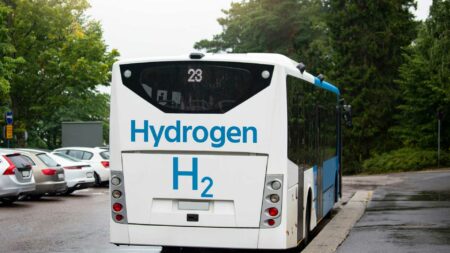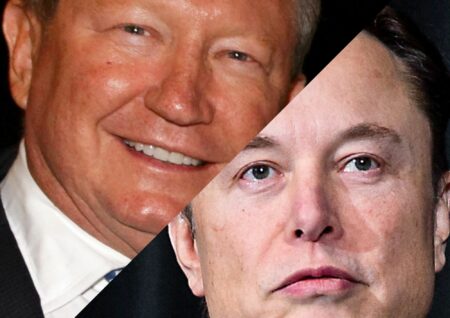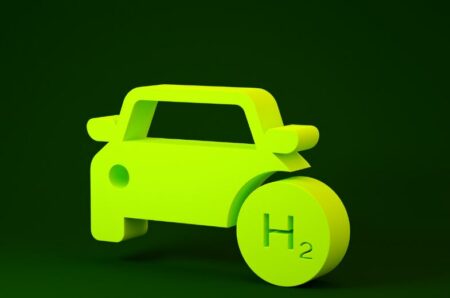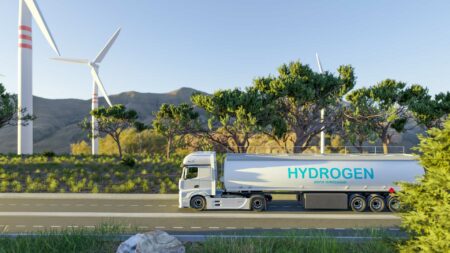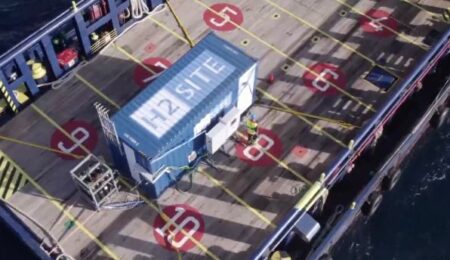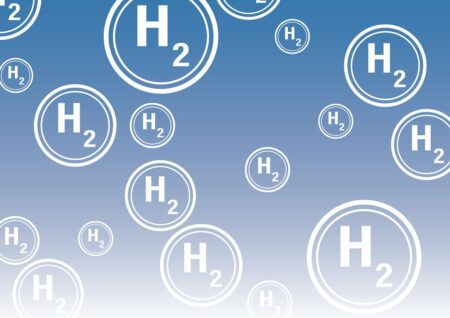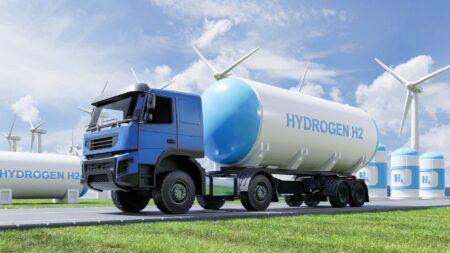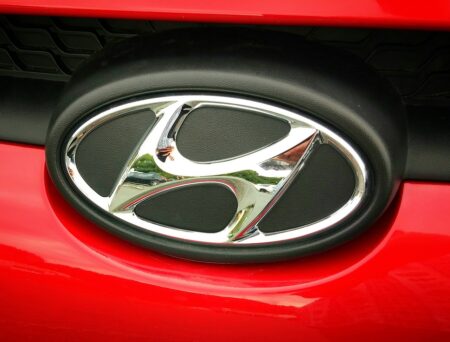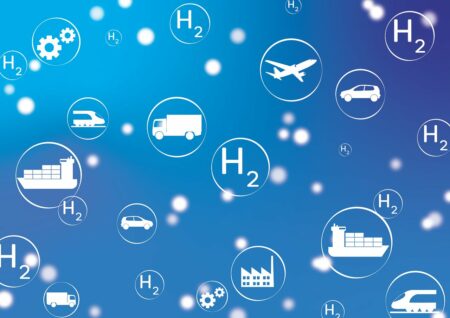Solaris, a leading European manufacturer of electric buses, is set to make history by delivering twenty 12-meter hydrogen buses to the Polish city of Wałbrzych.
Browsing: Vehicles
In the ever-evolving landscape of clean energy, a verbal joust between two industry heavyweights has taken center stage. Australian mining billionaire Andrew Forrest, CEO of Fortescue Metals, recently addressed his differences with Elon Musk, the iconic chief of Tesla, shedding light on the contentious debate between hydrogen and electric batteries.
Hyundai Motor, a powerhouse in the South Korean automotive industry, has announced a groundbreaking partnership with University College London (UCL).
In the intricate tapestry of transport, Heavy Goods Vehicles (HGVs) weave a disproportionate environmental footprint, contributing 20% of emissions despite constituting only 1.5% of all transport. As sustainability takes center stage globally, the need to decarbonize HGVs becomes imperative.
The REVIVE (Refuse Vehicle Innovation and Validation in Europe) project, backed by the Clean Hydrogen Partnership, and the HECTOR project, co-financed by Interreg Northwest Europe, started operations for two fuel cell refuse trucks in Groningen, the Netherlands.
H2SITE, a Spanish hydrogen transport solutions provider, has made a significant breakthrough in maritime decarbonization by successfully commissioning the world’s first on-board ammonia cracking system. This system generates high-purity hydrogen coupled with a PEM fuel cell, providing clean energy for the ship’s auxiliary consumptions.
In a strategic move towards understanding the potential risks associated with hydrogen as a ship fuel, the European Maritime Safety Agency (EMSA) has initiated a call for tenders for a comprehensive study. With a budget of 450,000 euros, the AESM aims to delve into the specific hazards that hydrogen may pose in the maritime environment.
International Council on Clean Transportation (ICCT) forecasts that the cost of owning and operating heavy-duty fuel cell trucks will outpace their diesel counterparts by 2030.
Hyundai Motor Company has undergone key executive replacements, signaling a potential shift in strategy. Despite ambitious goals, the company’s hydrogen business has faced stagnation, prompting a series of resignations among top executives. The recent reshuffle aims to breathe new life into Hyundai’s hydrogen division and address challenges hindering the realization of its hydrogen roadmap.
British Columbia is set to invest $16.5 million in a pioneering pilot program led by Hydrogen Technology & Energy Corporation (HTEC). The initiative aims to explore the viability of hydrogen as a fuel for commercial trucking, ushering in a new era of clean and efficient freight transport.

